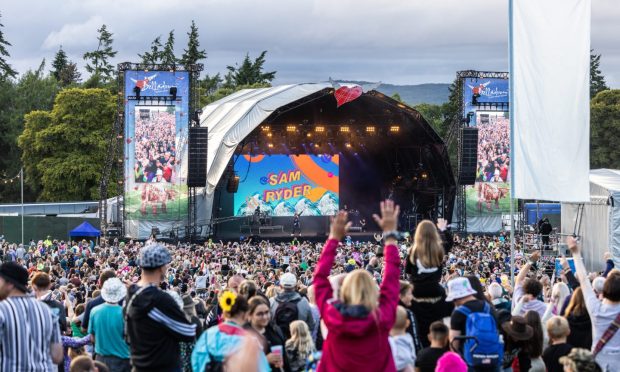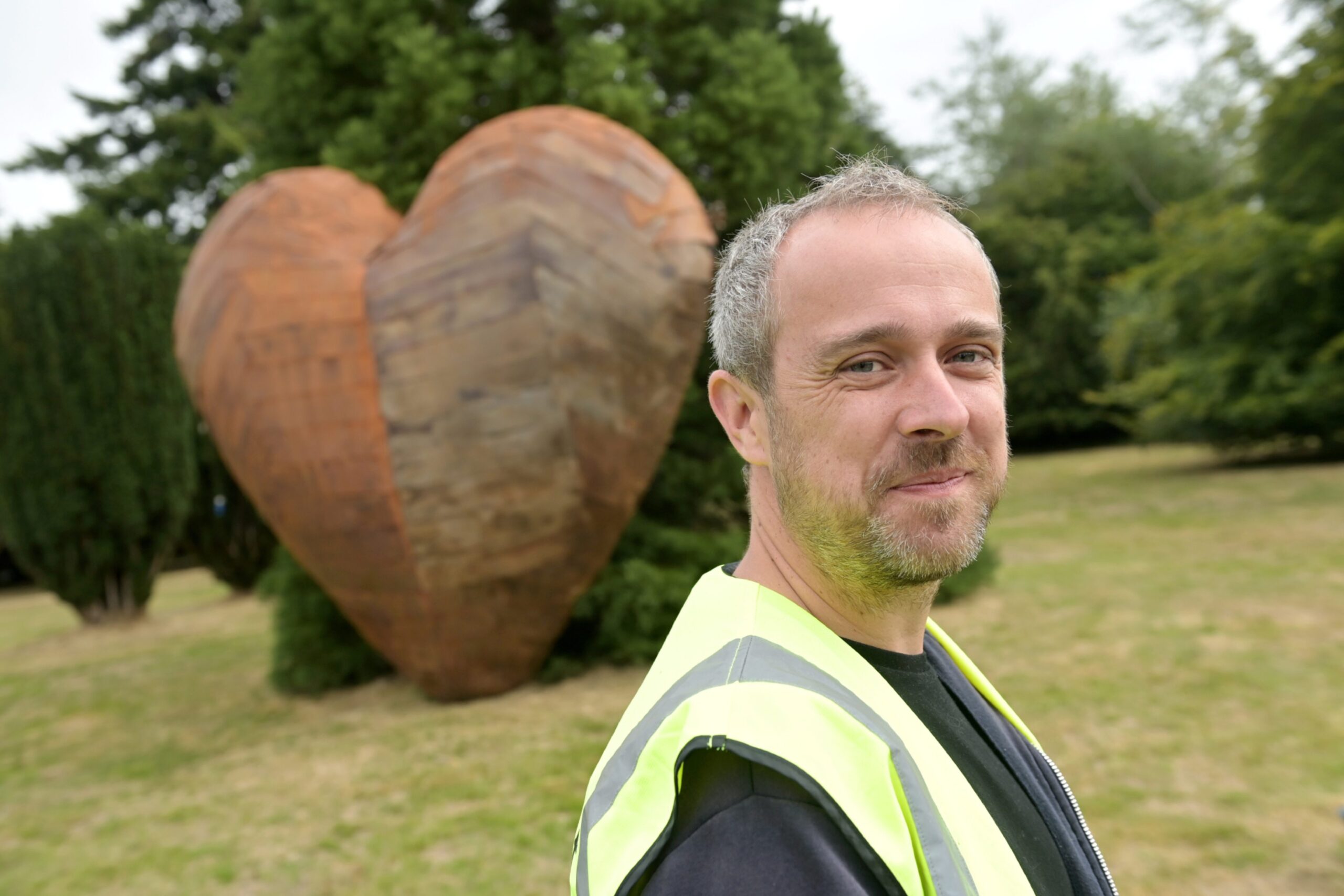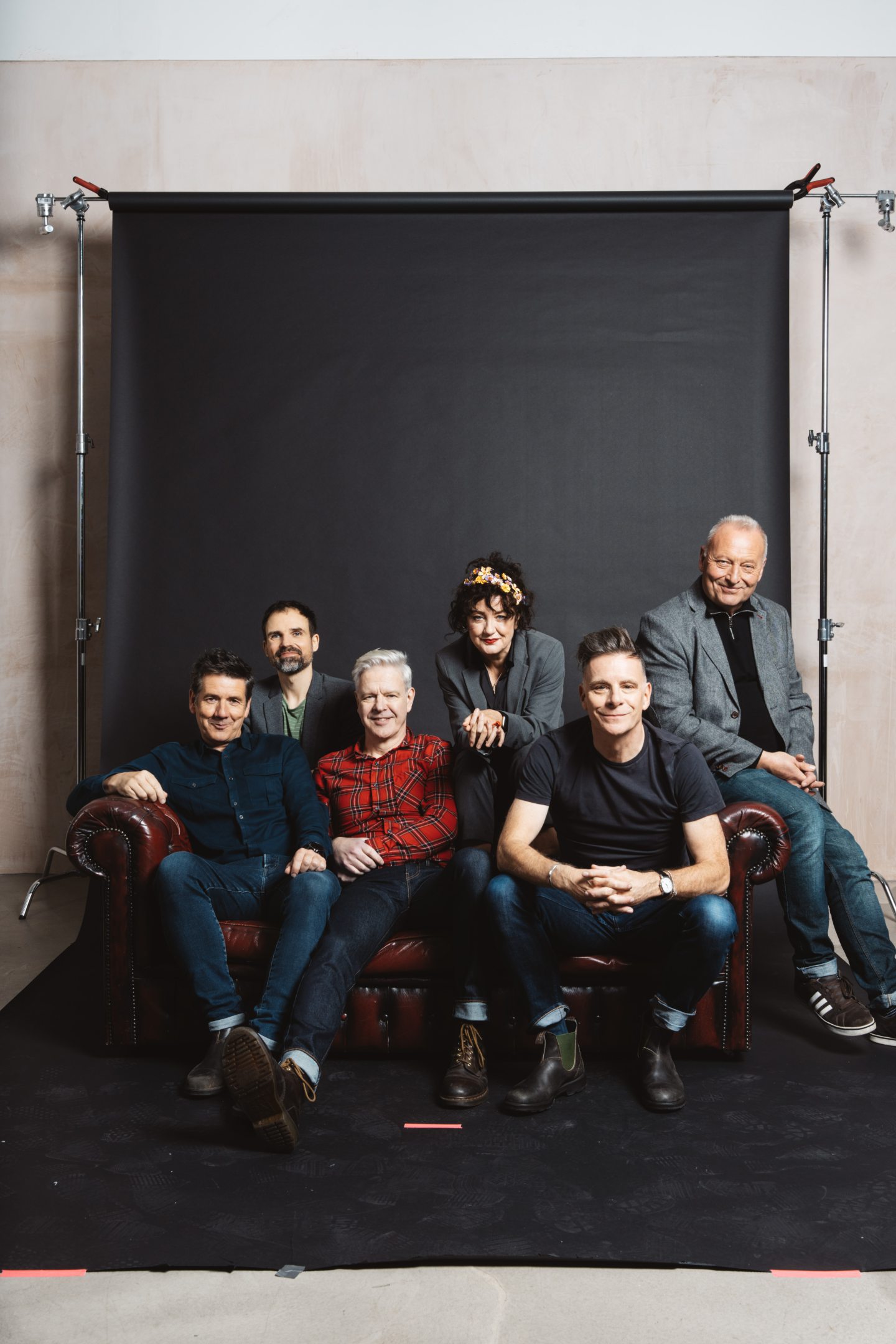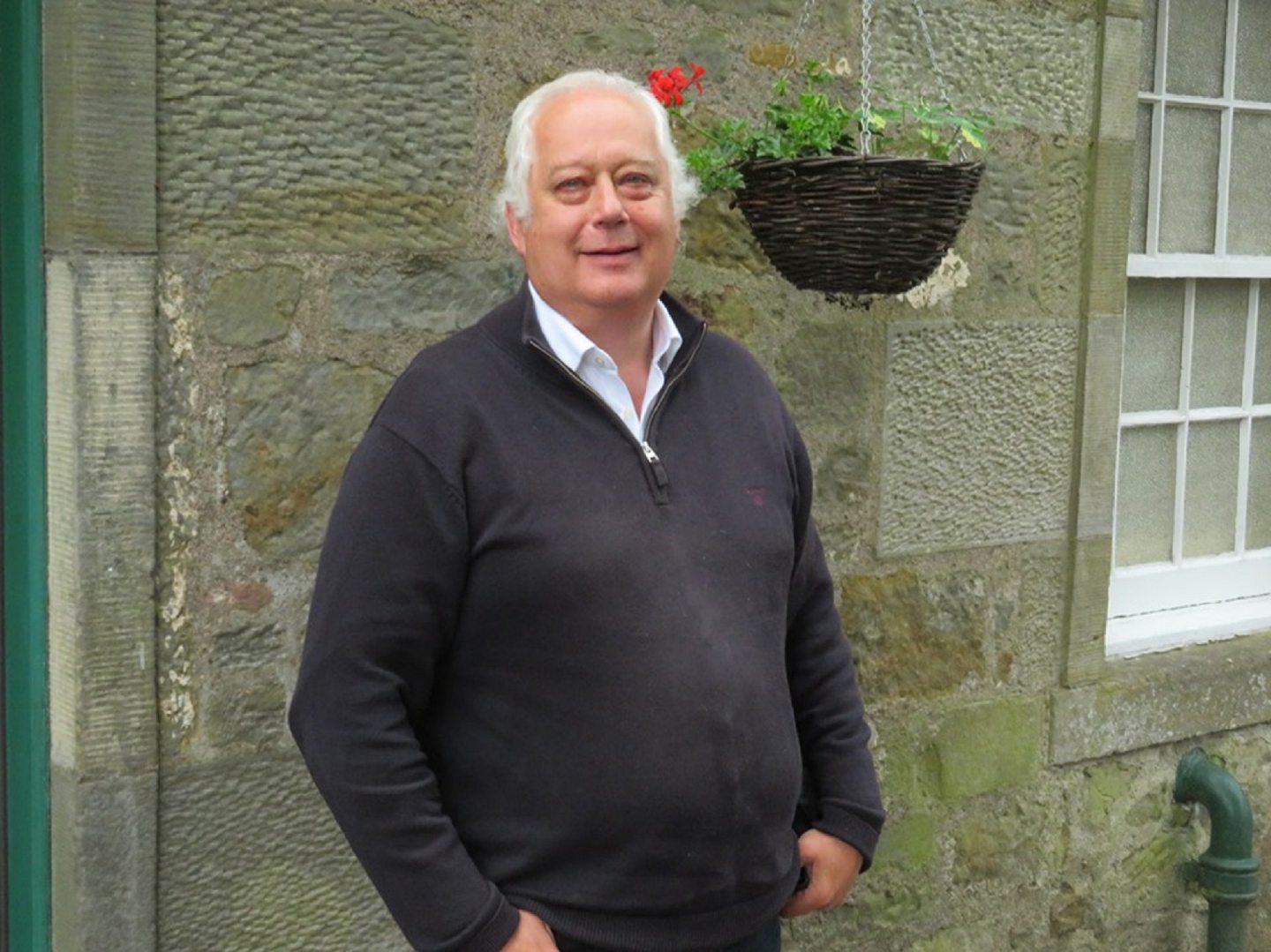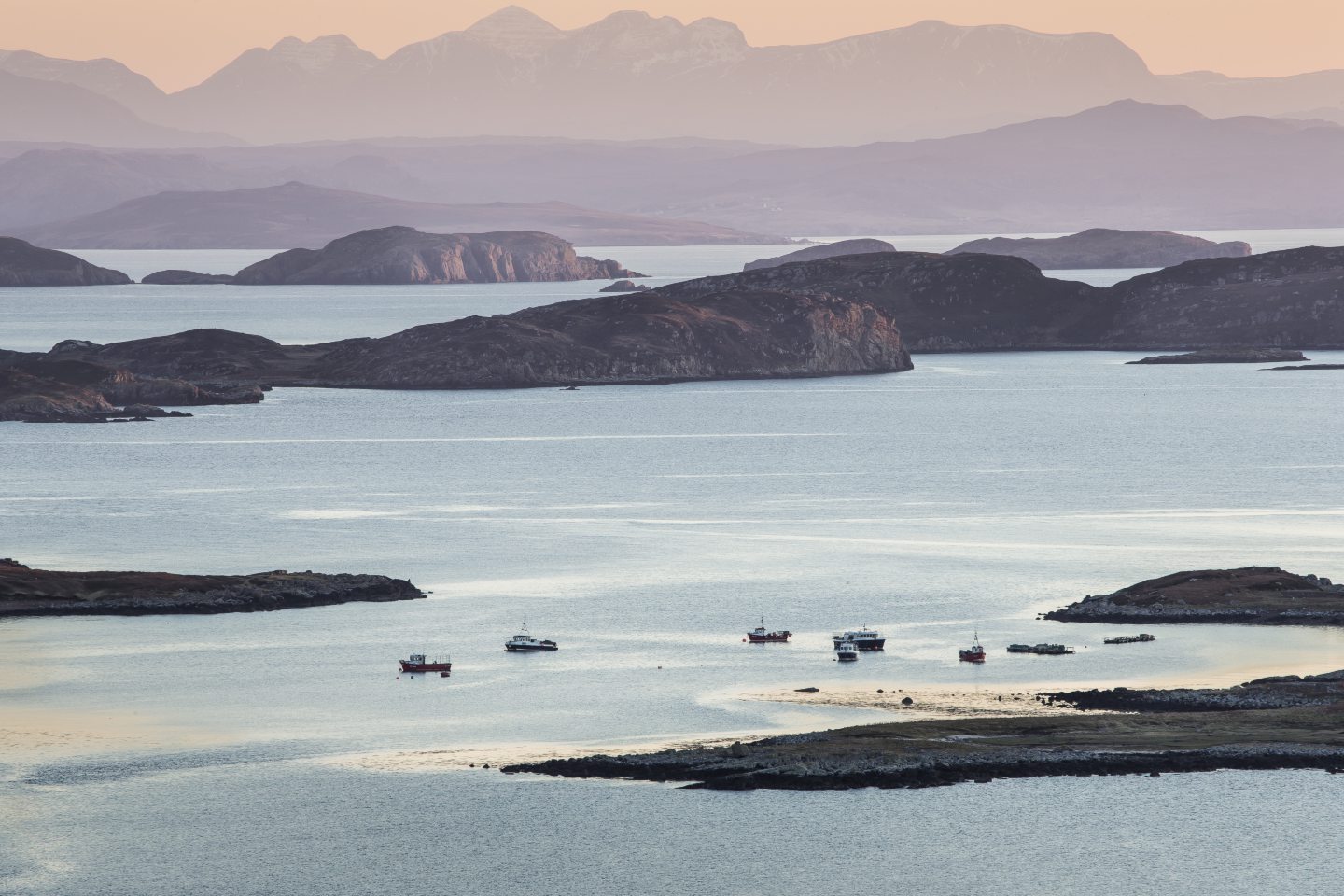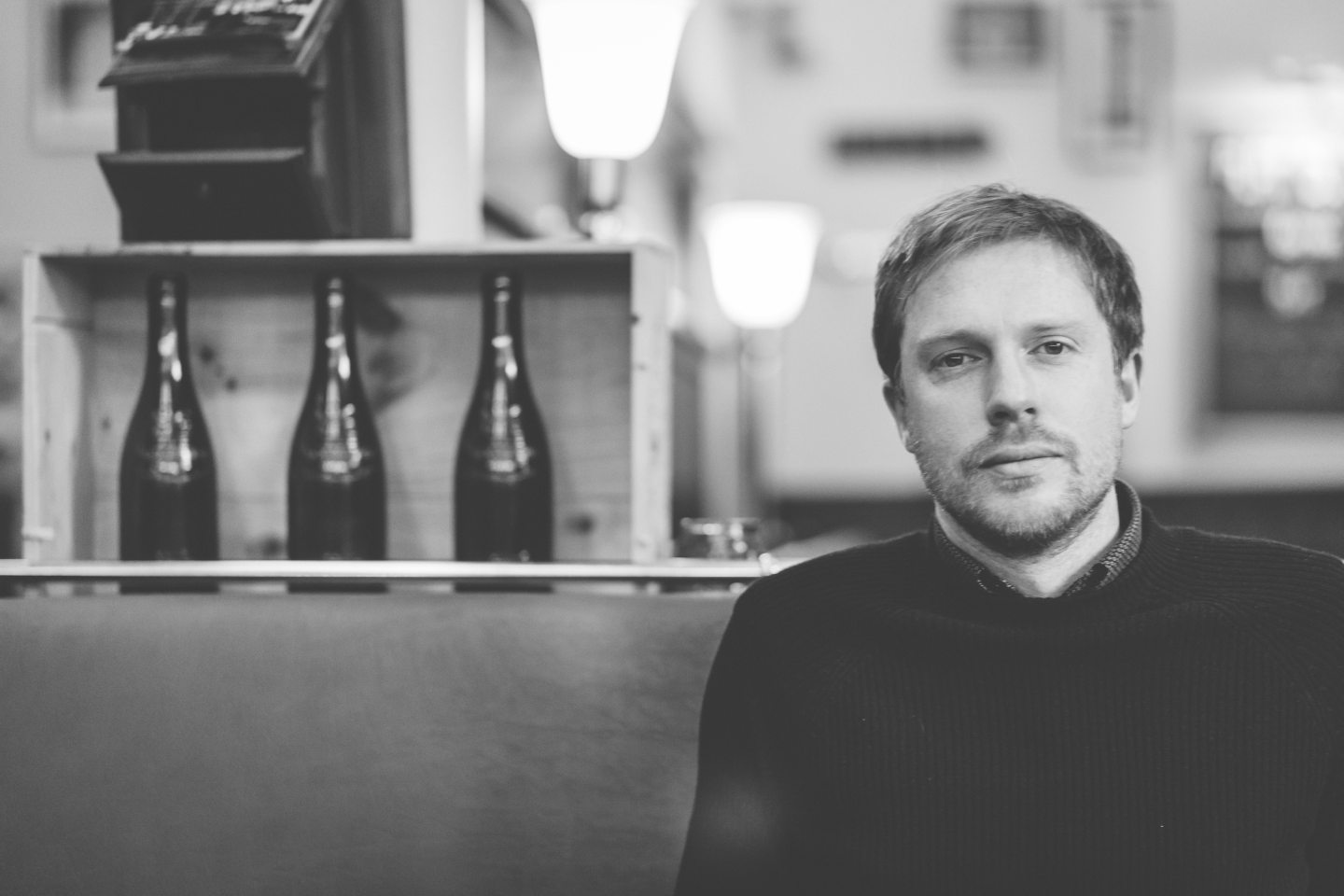Thousands of festivalgoers are headed to events across Scotland this summer – whether it’s Belladrum or something more compact.
But what does it take to put on such events – particularly in remote locations? And can smaller festivals survive and thrive in today’s economic climate?
The pandemic and rising supply chain costs have been cited by The Association of Independent Festivals as factors which have caused issues within the music festival sector.
It has a list of festivals which have been cancelled, closed or postponed this year from across the UK – currently the tally is at 45. Among them is the Doonhame festival which was held in Dumfries, with rising costs cited. Connect Music Festival, which is based in Edinburgh, is also not going ahead this year.
However, despite tough economic circumstances, there’s a host of music, book and food festivals taking place around the Highlands and Islands, Moray and Aberdeenshire over the next few months.
Belladrum has grown over the years
Among them is Belladrum Tartan Heart Festival, which is marking its 20th year and since its beginnings it has grown massively from around 2,000 people to crowds in excess of 19,000.
Held on the Belladrum Estate in Beauly, it has become established as one of the highlights of Scotland’s festival calendar.
This year will see a line-up full of big names including Deacon Blue and Sugababes, while Ocean Colour Scene and Sophie Ellis-Bextor are also performing.
Dougie Brown, event producer, attended the first one as a festivalgoers, and every year since has worked in some capacity at it. He said: “I’ve seen it from every point along that journey, and watched it grow and adapt over the years. It’s grown vastly.
“I think the great thing with ours is it has still retained a lot of its strong community ties at the heart of what it is. There’s still a huge amount of kind of local artists that play the festival, and lots that have grown with the festival as well.”
‘A full-time year-round event’
There are already discussions around 2025’s event, such is the scale of the planning that goes into it: “One of the big things that people don’t realise is that it’s a full-time, year-round event. There’s a small team of us that work on the festival throughout the year. As the festival gets closer and closer the team builds and builds and builds.”
This year’s event will have 13 stages; Dougie explained they have a number of freelancers who come in to work on the festival from across Scotland, many work in very different day jobs.
Running such a big event is not without its challenges and its scale is one of them. Dougie said: “It’s challenging – the reality is you’re building the Highlands’ second biggest town. For one weekend only. After Inverness, Belladrum does become the biggest population centre of the Highlands.
“You’re effectively building a whole town and infrastructure that goes with that, you know, there’s water pipes that run all the water to the campsite, or to the offices to the backstage areas, you’ve got internet that you’re running to connect everyone from the bars to the food traders, to all the officers in the police. There’s also a temporary hospital on site.”
‘It’s been our biggest focus’
However, issues do occur, and one Dougie says they’ve been working on is the traffic problems encountered last year which saw people wait for hours to get into the site.
He said: “We’re absolutely not shying away from the issues that were caused with the traffic last year, and that was a real disaster for us. It was a combination of multiple little things that went wrong, and resulted in a massive, massive problem that we need to address and fix for this year.
“That has been our biggest focus; since literally the Thursday of last year’s festival has been how do we address this? How do we fix this and to ensure this doesn’t happen again, because it’s not acceptable for that to happen again, and we really feel for everyone, especially the people in local communities that don’t come to the festival.”
Major changes have been made to the festival’s travel plan to ensure what happened last year isn’t repeated.
This year measures put in place include two additional entrances into the car parks from the internal festival road, colour coded car parking passes, new pick up and drop off point for all taxis, busses, and customer drop offs and the creation of a new staff carpark .
Working to get the momentum going
At the other end of the festival spectrum is Made In Altandhu – a micro festival catering to numbers in the low hundreds rather than thousands. This will be the first year of the festival.
Organised by Kinross-based David Mundell of Mundell Music, the event will take place at the Port A Bhaigh Campsite, Achiltibuie in the north-west Highlands, from August 30 to September 1. Acts appearing include Kate Taylor, the Fleeting Rumours and Gus Munro.
His path to the event was sparked after a conversation with the campsite owners when he was on holiday in Assynt.
David said: “My background lends itself because you couldn’t organise a huge festival up there, because the infrastructure just couldn’t take it with the single track roads. So I’ve termed a micro music festival, and the capacity will be no more than about 350. Even though it’s only 350, you’ve still got to sell the tickets.
“To get the first festival going, I think it’s like pushing a lorry to get the momentum going. It’s quite a difficult thing. But once you’ve got it going, it’ll take care of itself for future years.”
‘It’s hard times’
The appeal of the event is wrapped up in the wider experience, as David said: “As soon as people knew I was doing the small festival in that neck of the woods, people who’ve got motor homes were saying ‘that’ll be fantastic, a sort of road trip, a little festival as well – and we can stay an extra week and explore the area.’ The appeal is the location in addition to the quality of the music.”
Speaking about festival cancellations across the country this year, David said: “They can’t sell tickets due to cost of living and money’s tight, which I totally understand. I think for anybody organising a festival no matter where it is, it’s hard times.”
Challenges faced in an island setting
Meanwhile, hosting events in remote and island locations can present challenges in terms of infrastructure and accommodation.
Arts body SEALL is organising Feis An Eilein, a music and performance event that will take place in Skye, Raasay and Lochalsh from July 19 to August 1. The organisation also recently announced plans to hold the Festival of Words on Skye on August 17 and 18, with authors such as Jackie Kay and Greg McHugh appearing.
Creative director of SEALL Jamie Sutherland said: “Our challenges based on Skye and Lochalsh are slightly different to other places, and around the Highlands – this is because of the sheer amount of tourists arriving over the summer.
“For example, the book festival, we can put on a festival, but is there going to be accommodation for people coming to visit? We have the issue of incredibly busy roads, struggling infrastructure, at the best of times, in regards to the number of people using them. There’s also lots of competing events. People are coming up here to do things that are outdoors, they’re looking to climb the hills and see the sights.
Jamie said it was all about the “transformative power of the arts” and people feeling like they are having a “genuine experience”.
He added: “Even though we use a lot of the community halls around the islands, there isn’t a huge venue stock. But what we try and do is take people out of their lives for a couple hours, by providing classy levels of production, and artists.”
- For more information and event tickets go to: tartanheartfestival.com, madeinaltandhu.com and seall.co.uk
- Travel and car parking information for Belladrum can be found at tartanheartfestival.com/news/travel-updates
